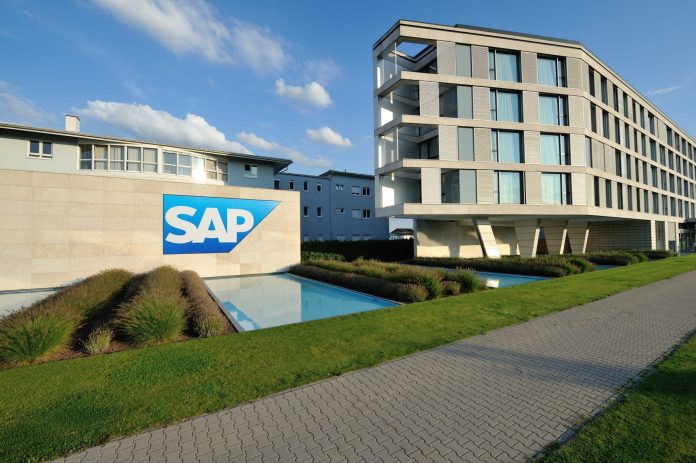The software firms plans to establish IoT labs around the world
German software giant SAP confirmed it will invest 2 billion euros ($2.24 billion) in its internet of things business over the next five years.
SAP said it plans to accelerate innovation in its solution portfolio, increase sales and marketing, scale service, support and co-innovation, and expand its ecosystem of partners and startups in the IoT market, which is estimated to reach €250 billion by 2020.
“With billions of connected devices, we now have the potential to reshape society, the economy and the environment,” said Bill McDermott, CEO of SAP. “SAP HANA is the data platform we knew would unlock the internet of things.
The software firm is introducing Industry 4.0 packages that feature IoT solutions to enable customers’ digital business strategies. The jump-start package is designed to initiate operational and business system connectivity to monitor equipment effectiveness and provide insight into shop floor operations. The accelerator package also has this functionality, and adds an automated manufacturing execution and control environment by supporting manufacturing planning and execution, performance analytics and advanced plant maintenance. SAP said that these two packages are already commercially available. The German company said it also plans launch a third package to provide advanced manufacturing insight and controls, machine learning functionality and predictive analysis for quality and maintenance operations.
The planned investment also includes the establishment of SAP IoT labs around the world. These facilities are intended to collaborate on Industry 4.0 and the IoT with customers, partners and startups. Planned locations include Berlin, Johannesburg, Munich, Palo Alto, São Leopoldo and Shanghai, with SAP and partner experts in areas of specific IoT focus native to each region, such as Industry 4.0, logistics, cities and digital farming. The labs are intended to provide customers with access to co-innovation resources including design thinking experts and workshops, and interactive demos of IoT-related technology including autonomous systems (such as drones and robotics), IoT security, machine learning and 3D printing.

